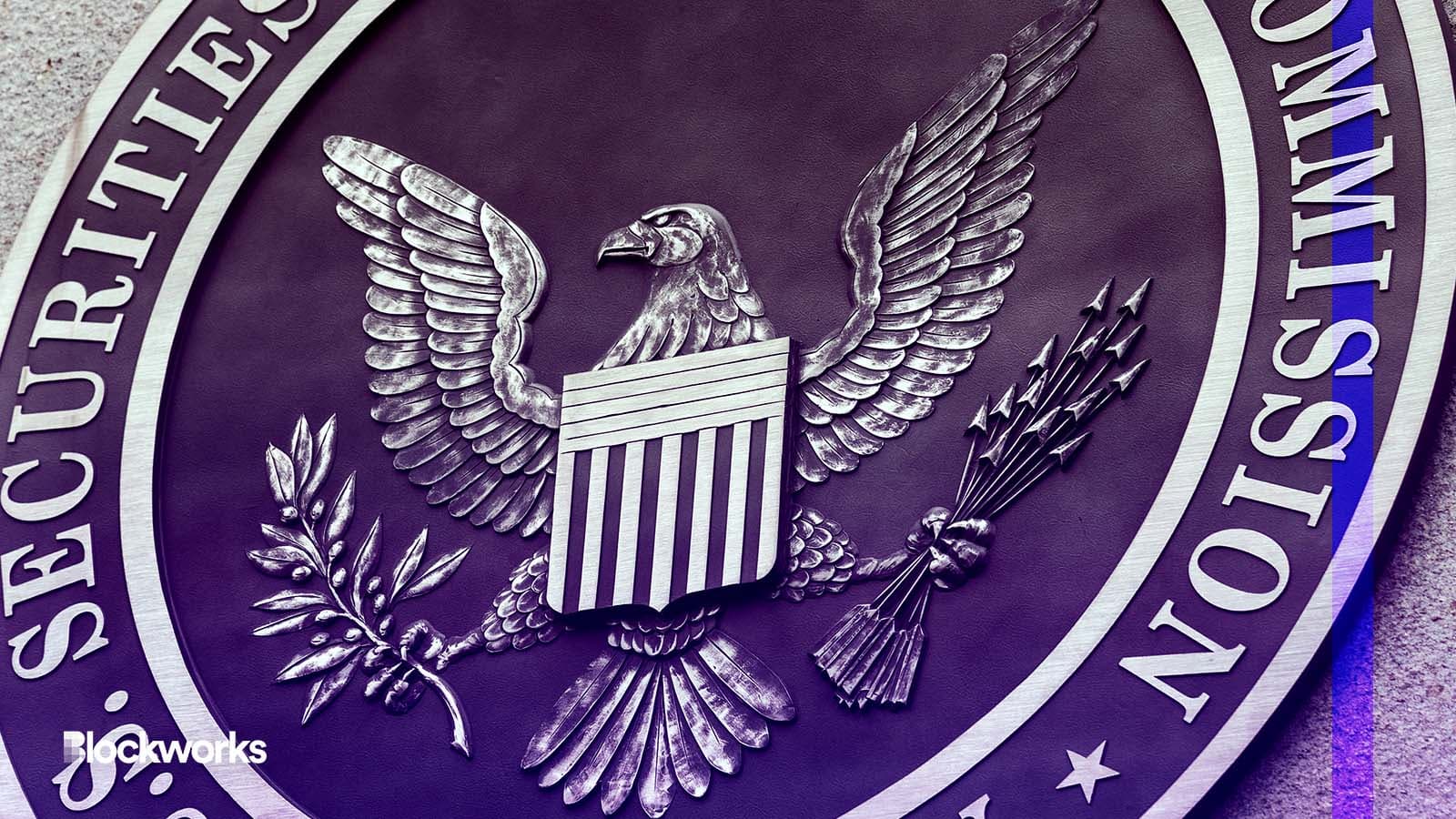SEC Revisits Exchanges Definition as It Targets DeFi
The SEC has reopened the comment period for the public to weigh in on proposed amendments to the definition of exchange

AevanStock/Shutterstock modified by Blockworks
The SEC continues to push for decentralized finance platforms and digital asset exchanges to register with the agency.
On Friday, April 14, the SEC’s five-member commission voted 3-2 to again reopen the comment period on amendments that would alter the definition of an exchange under the Exchange Act Rule 3b-16.
According to the filing, the public has until June 13 to submit comments.
The SEC originally proposed an expanded definition of what qualifies as an exchange back in January 2022. It claimed at the time that this was to “enhance transparency and oversight” over Alternative Trading Systems (ATS). The SEC defined ATS as entities that “trade Treasuries and other government securities under the regulatory umbrella.”
SEC officials have argued that various crypto firms would fall under the proposed definition.
“Make no mistake: many crypto trading platforms already come under the current definition of an exchange and thus have an existing duty to comply with the securities laws. Investors in the crypto markets must receive the same time-tested protections that the securities laws provide in all other markets. I welcome additional public comment on all aspects of the proposal in light of the information in this supplemental release,” SEC Chair Gary Gensler said in a statement.
In May 2022, the commission reopened its comment period, extending the time period that the public is able to weigh in on the proposals. The period of that extension closed in June.
“The SEC benefits greatly from hearing from the public on proposed regulatory changes. Commenters with diverse views have noted that they would benefit from additional time to review these three proposals,” Gensler said.
In addition to changing regulatory language, the SEC continues to boost its cryptocurrency crime department as the agency cracks down on digital assets.
According to a tweet from the SEC’s careers handle, the commission is looking to hire three new general attorneys in New York, San Francisco and Washington, DC.
Get the news in your inbox. Explore Blockworks newsletters:
- The Breakdown: Decoding crypto and the markets. Daily.
- 0xResearch: Alpha in your inbox. Think like an analyst.






